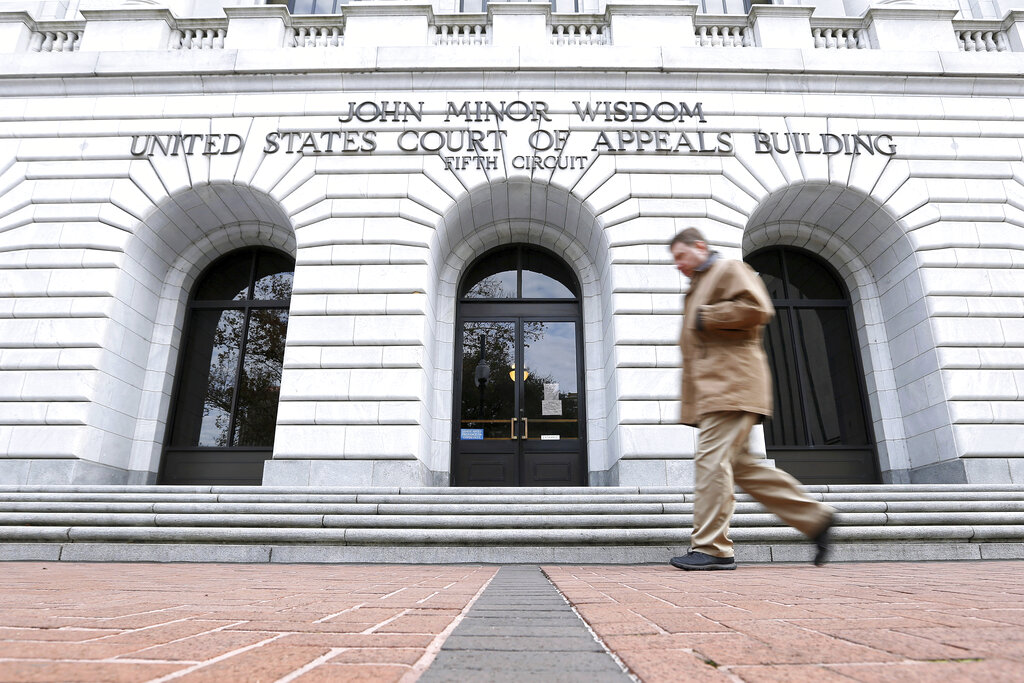NEW ORLEANS (AP) — The 5th U.S. Circuit Court of Appeals in New Orleans on Sept. 8 said the White House, the surgeon general, the Centers for Disease Control and the FBI cannot “coerce” social media platforms to take down posts the government doesn’t like.
But the court threw out broader language in an order that a Louisiana-based federal judge issued on July 4 that effectively blocked multiple government agencies from contacting platforms such as Facebook and X (formerly Twitter) to urge that content be taken down.
Even the appeals court’s softened order doesn’t take effect immediately. The administration has 10 days to seek a Supreme Court review.
Friday evening’s ruling came in a lawsuit filed in northeast Louisiana that accused administration officials of coercing platforms to remove material under the threat of possible antitrust actions or changes to federal law shielding them from lawsuits over their users’ posts.
COVID-19 vaccines, the FBI’s handling of a laptop that belonged to President Joe Biden’s son, Hunter, and election-fraud allegations were among the topics spotlighted in the lawsuit, which accused the administration of using threats of regulatory action to squelch conservative points of view.
The states of Missouri and Louisiana filed the lawsuit, along with a conservative website owner and four people opposed to the administration’s COVID-19 policy.
In a posting on X, Louisiana Attorney General Jeff Landry called the ruling “a major win against censorship.”
In an unsigned 75-page opinion, three 5th Circuit judges agreed with the plaintiffs that the administration “ran afoul of the First Amendment” by threatening social media platforms with antitrust action or changes to law protecting them from liability.
But the court excised much of U.S. District Judge Terry Doughty’s broad July 4 ruling, saying mere encouragement to take down content doesn’t always cross a constitutional line.
“As an initial matter, it is axiomatic that an injunction is overbroad if it enjoins a defendant from engaging in legal conduct. Nine of the preliminary injunction’s ten prohibitions risk doing just that. Moreover, many of the provisions are duplicative of each other and thus unnecessary,” the ruling said.
The ruling also removed some agencies from the order: the National Institute of Allergy and Infectious Diseases, the Cybersecurity and Infrastructure Agency and the State Department.
The case was heard by judges Jennifer Walker Elrod and Edith Brown Clement, nominated to the court by former President George W. Bush; and Don Willett, nominated by former President Donald Trump. Doughty was nominated to the federal bench by Trump.
The Free Speech Center newsletter offers a digest of First Amendment and news media-related news every other week. Subscribe for free here: https://bit.ly/3kG9uiJ

